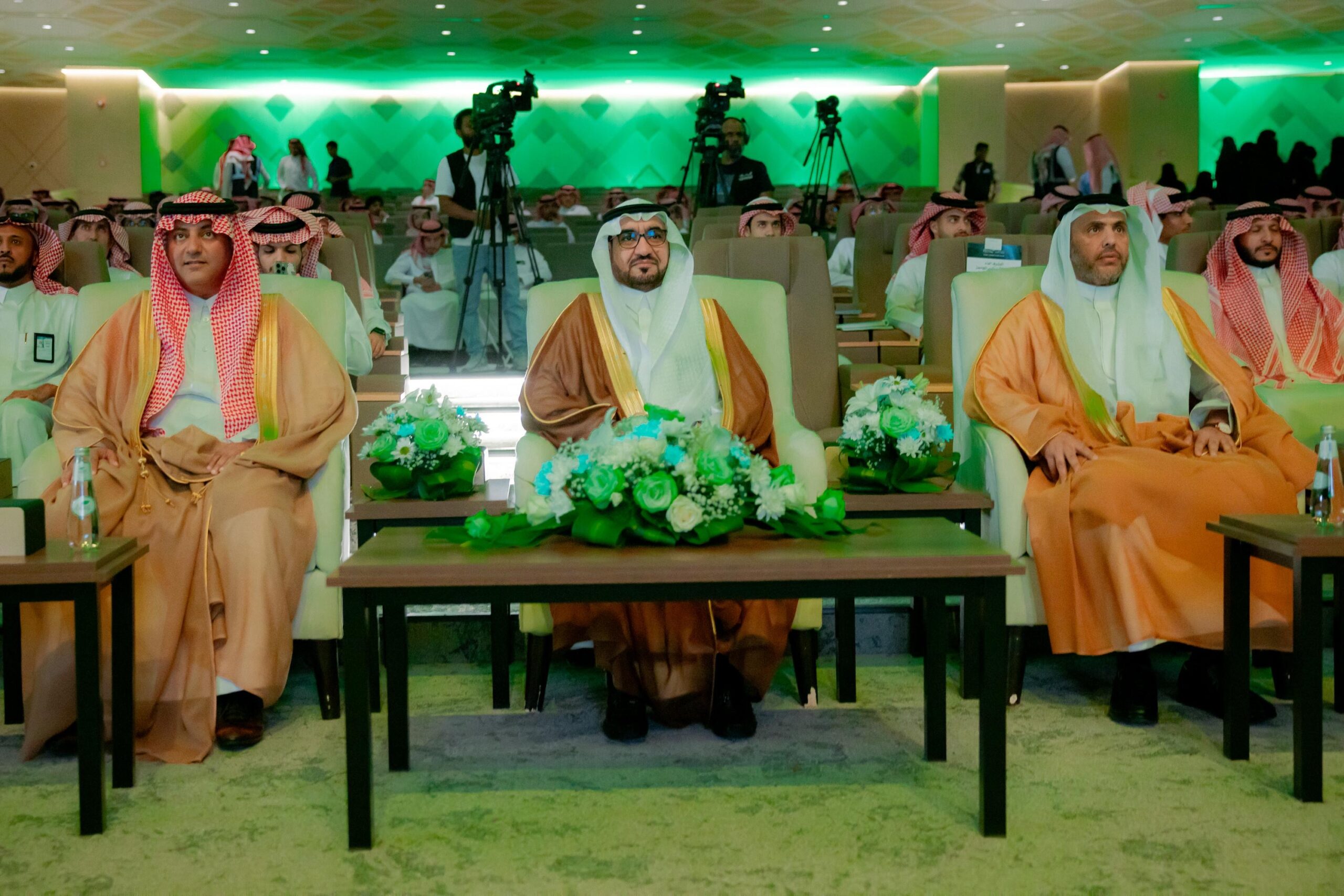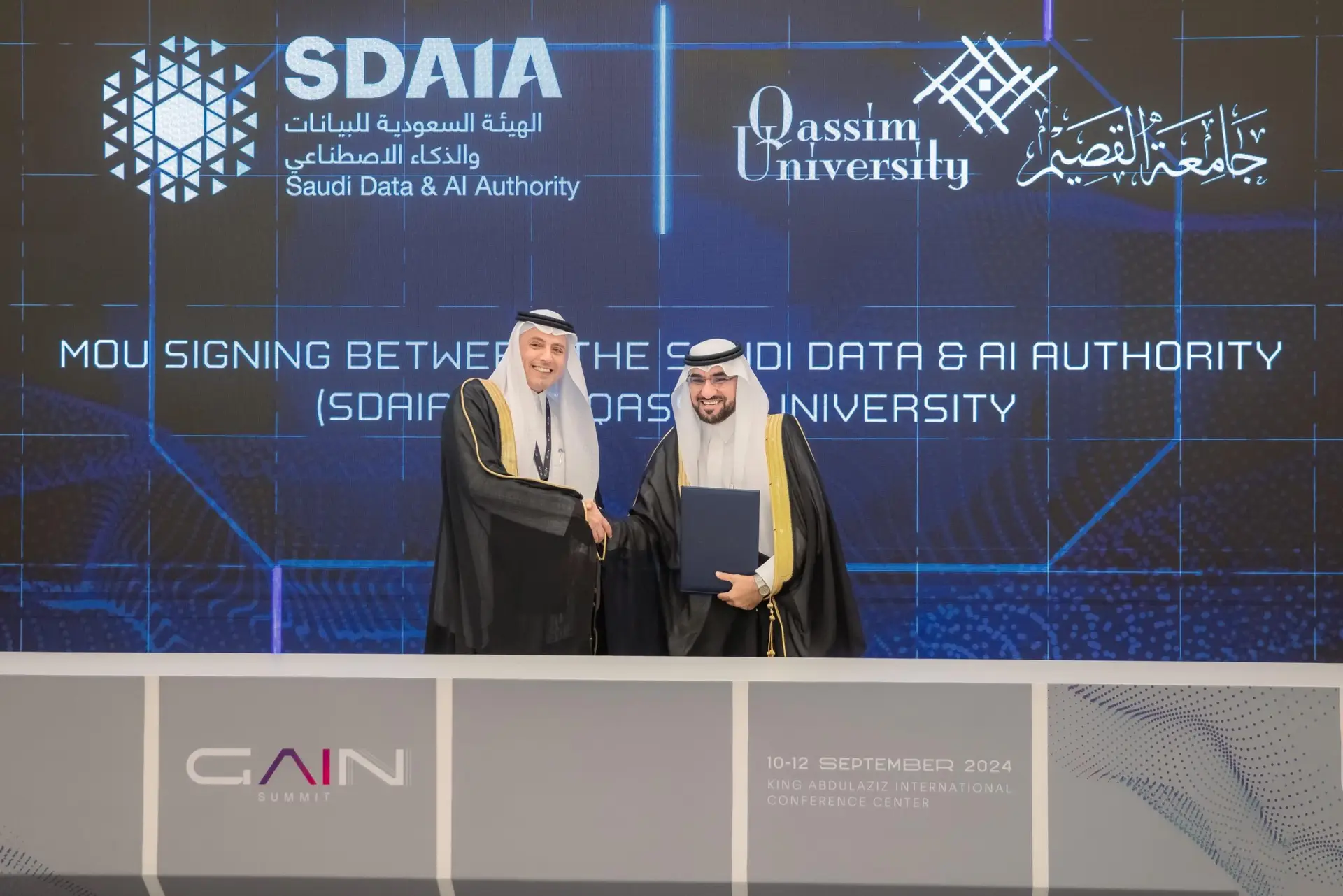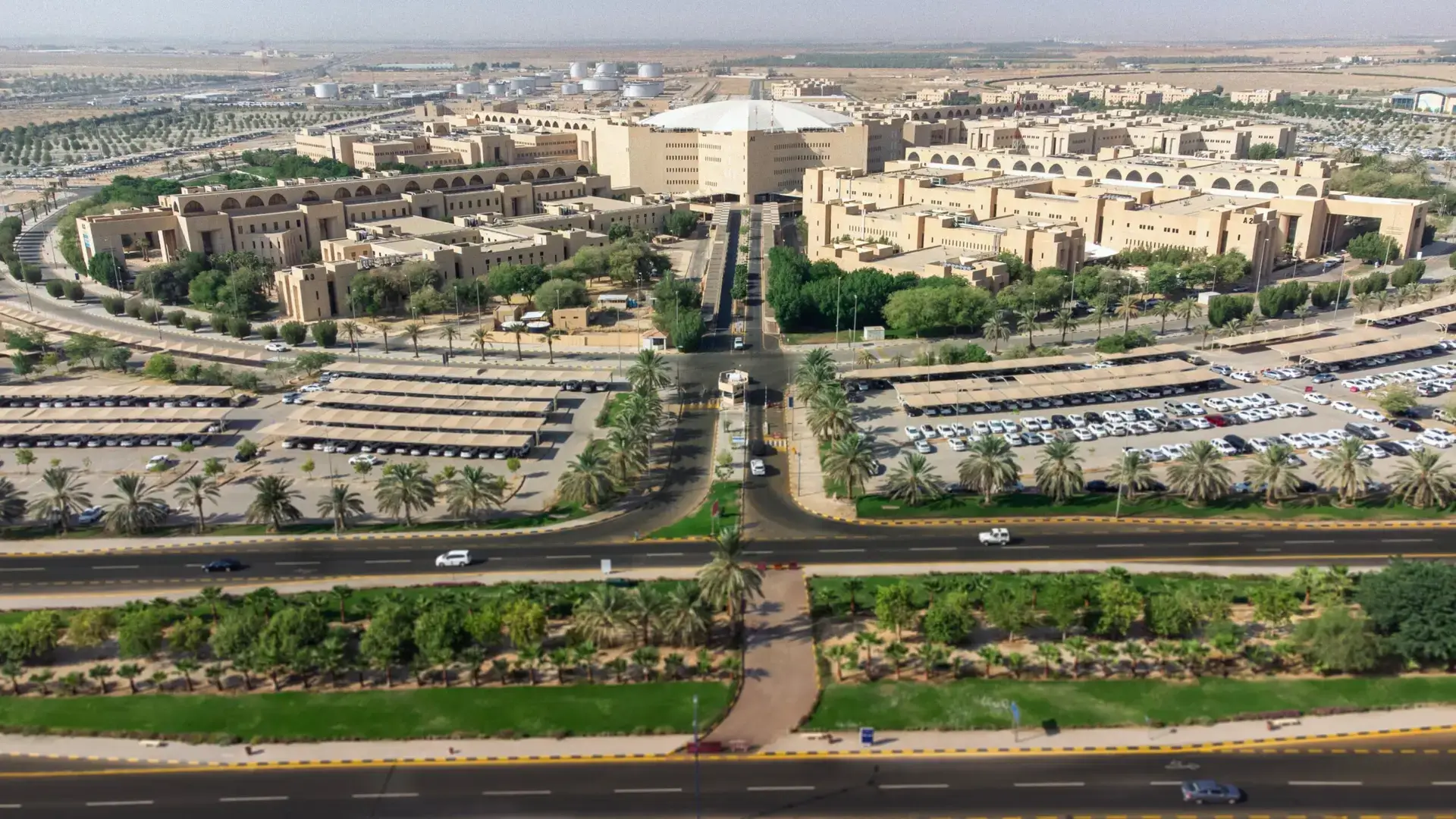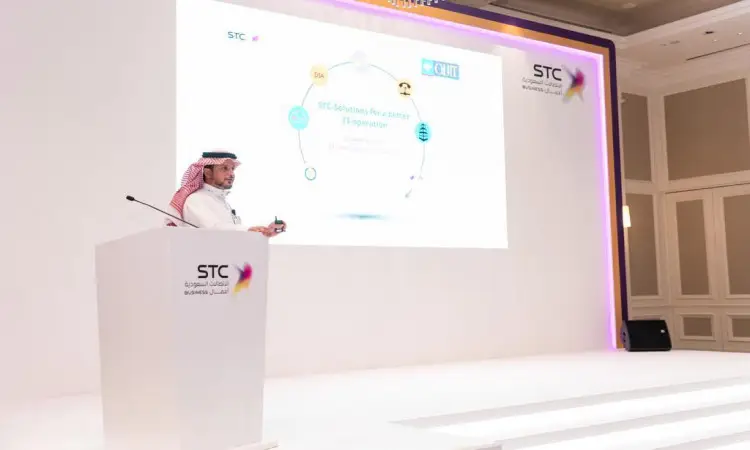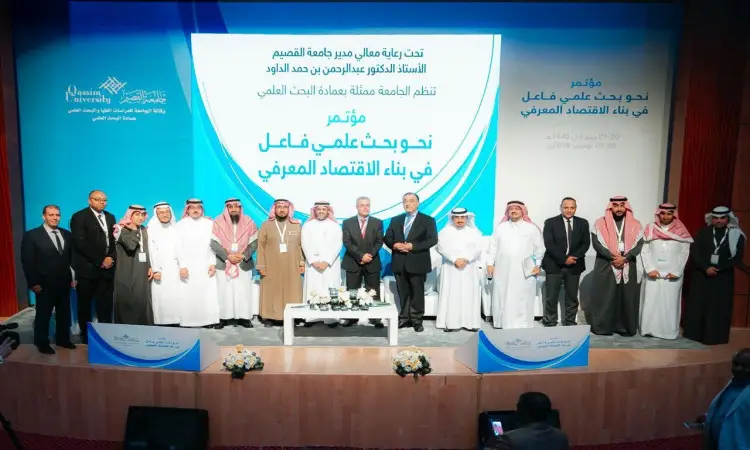Related Content
International collaboration data gathering for SDG
Qassim University engages in international collaboration for SDG data gathering by actively participating in global academic and research networks, a key element of SDG 17. The university’s Center for Sustainable Development (SDC) seeks to strengthen international partnerships with institutions, centers, and houses of expertise, often leading to joint research initiatives. These collaborations enable Qassim University to access and contribute to global research datasets and benchmarking results on sustainability indicators. Furthermore, the university participates in global university rankings and platforms like the UI Green Metric, which requires detailed data submission and facilitates comparative analysis of sustainability practices worldwide. Through its faculty's international research cooperation, such as in renewable energy systems, the university shares locally generated data and incorporates international best practices and advanced statistical methodologies. This cross-border exchange is vital for improving the accuracy of SDG monitoring and ensuring the local data contributes meaningfully to the broader global assessment of sustainability progress.
Times Higher Education (THE) Impact Rankings Data Submission
The university formally submits institutional data (including research, stewardship, and outreach) to be assessed against the THE's SDG-based methodology for global benchmarking.
UI GreenMetric World University Rankings Data Submission
Requires the submission of quantitative data on campus sustainability metrics (e.g., water use, energy efficiency, waste recycling) for international comparison.
QS World University Rankings Internationalization Data
Submission of data on International Students and International Faculty numbers, which are core indicators of cross-border academic partnership and knowledge exchange.
Supporting Collaboration with QS Top 200 Universities
Incentivizing faculty to partner with researchers from elite global institutions, ensuring joint research output meets high international standards and data integrity.
International Peer-Reviewed Publication on Sustainability (WoS/Scopus)
Providing financial support to faculty who publish sustainability-focused research in globally indexed scientific databases, thereby contributing Qassim-based sustainability data to the international knowledge pool.
Open Data Policy for International Researchers
Committing to make university data freely available for reuse by international researchers and institutions, fostering transparency and global scientific collaboration.
Strengthening International Partnerships in sustainability (SDC Mission)
The SDC's mission explicitly mandates active engagement with international entities to integrate and strengthen local sustainable development efforts globally.
Greening Courses Project & UN Global Action Programme
Aligning the curriculum and the collection of educational outcome data with the principles of the UN's Global Action Programme on Education for Sustainable Development.
Research on Water Management Shared on ResearchGate
Publishing local, successful water resource management data and case studies on an international academic platform to share best practices globally.
Preparation of Periodic Sustainable Development Reports
Compiling structured, comprehensive reports that can be utilized for both national policy review and submission to international SDG monitoring bodies.
Sustainable Development Research Grant Data Generation
Providing internal funding to generate novel research data directly applicable to solving local and global challenges defined by the SDG framework
Collaboration with International Non-Academic Institutions
Supporting joint projects with global industry, hospitals, and companies to gather applied, real-world data on innovation, health, and economic growth
Membership in IREG International Observatory
Membership ensures the university's internal data collection and evaluation processes align with global standards for institutional excellence and quality assurance.
Environmental Impact Assessment (EIA) Studies Data
Producing standardized environmental data (e.g., pollutant levels, resource consumption) that can be used for international environmental reporting and modeling.
Promoting Sustainability Partnership and Knowledge Exchange
A broad strategic goal to foster relationships for mutual learning and data sharing with global counterparts on development best practices.
Structuring the Sustainable Development Database
Creating a centralized, modern database that acts as the single source of truth for SDG data, streamlining data accessibility for international partners
Aligning Research with National SDG Indicators
Focusing research on national development priorities which are themselves aligned with global SDG targets, making local data internationally relevant.
Benchmarking for International Sustainability Distinction.
Undertaking formal benchmarking activities against global university peers to identify gaps and improve data for competitive international evaluation.
Research on Food Security and Water in Agriculture
The specialized colleges produce research data on sustainable practices (e.g., water-efficient farming) essential for global agricultural and food security models.
International Sustainability Accreditation and Quality Assurance Data
Achieving and maintaining international accreditation (e.g., CHEA membership) requires submitting program-level data that confirms quality and standards against global benchmarks.
GASTAT Signs Memorandum of Cooperation with Qassim University
An agreement was signed with the General Authority for Statistics (GASTAT) that includes cooperation in developing and supporting specialized academic programs in statistics and the use of data to track progress towards achieving the Sustainable Development Goals (SDGs).
Goal-related news
His Excellency the President of the University, Prof. Dr. Mohammed bin Fahd Al-Sharekh, sponsored today, Wednesday, October 1, 2025, the "Geographical Conference on the Environment and Saudi Protected Areas: Towards Sustainable Development", which was organized by the University, represented by the College of Languages and Humanities, in partnership with the Imam Turki bin Abdullah Royal Reserve Development Authority and with the participation of several entities, in the presence of His Excellency the CEO of the Authority, Engineer Mohammed bin Abdulrahman Al-Shaalan, and His Excellency [...]
2025-10-01
On Tuesday, September 10, 2024, the University and the Saudi Data and Artificial Intelligence Authority (SDAIA) signed a Memorandum of Understanding (MoU) to cooperate in the field of education by training and developing national cadres, promoting awareness in the field of data, artificial intelligence and modern technologies, organizing career development programs for university graduates and job seekers in this field, and discussing ways of cooperation in the field of research and innovation [...]
2024-09-10
Under the patronage of His Royal Highness Prince Dr. Faisal bin Meshal bin Saud bin Abdulaziz, Emir of Al-Qassim, the university, represented by the College of Veterinary Medicine, will hold the second international scientific meeting for camels under the slogan "Camel 2024: Sustainability of the Heritage", during the period from November 5-7, 2024, 3-5 Jumada Al-Awwal 1446 A.H. The event is held in partnership with the Emirate of Al-Qassim and the branch of the Ministry of Environment [...].
2024-08-22
During the ICT workshop organized by STC in Dubai, United Arab Emirates, the Deanship of Information Technology at the University reviewed the success story of the projects that were done in partnership with STC, in the presence of senior IT executives in the region. The meeting was held on the university's experience with STC, with the participation of the Dean of Information Technology, Dr. [...]
2018-12-20
The conference "Towards Effective Scientific Research in Building the Knowledge Economy", organized by the university, concluded its two-day work on Wednesday and Thursday, 20-21/3/1440 H, at the headquarters of the University City in Al-Malida. 13 specialists from various universities and research centers from inside and outside the Kingdom presented their research papers during the conference sessions, in which they put forward many ideas contained in their research and studies and discussed their results, and how to develop scientific research in the Kingdom and benefit from its outputs in building a knowledge-based economy. The conference sessions witnessed scientific discussions and dialogues between specialists, interested parties and attendees to identify the best ways to link researchers and scientists on the one hand [...]
2018-11-29


